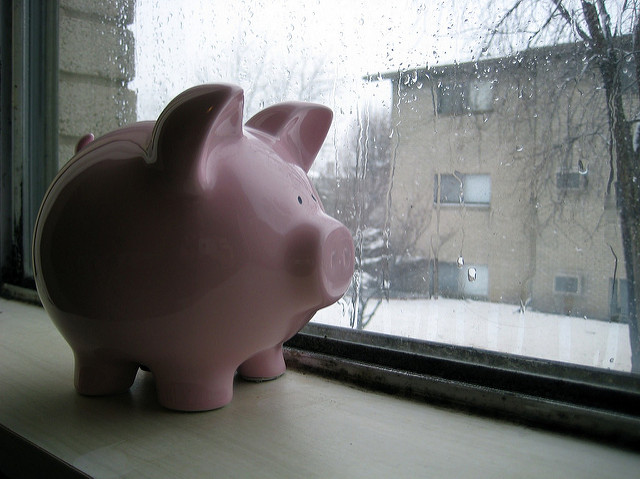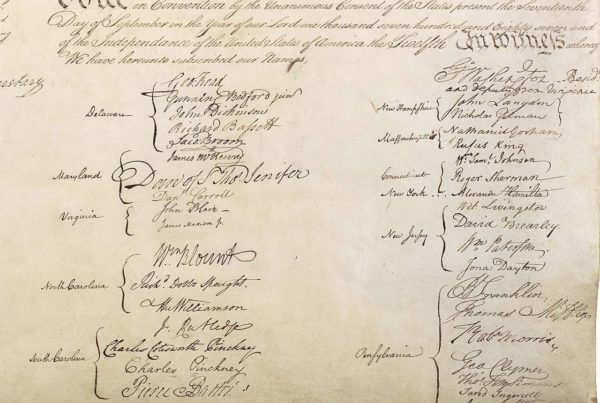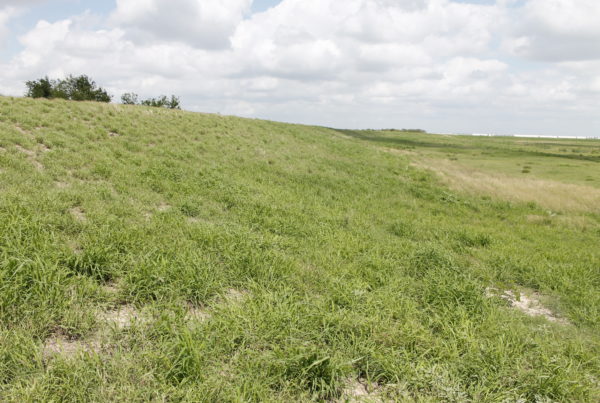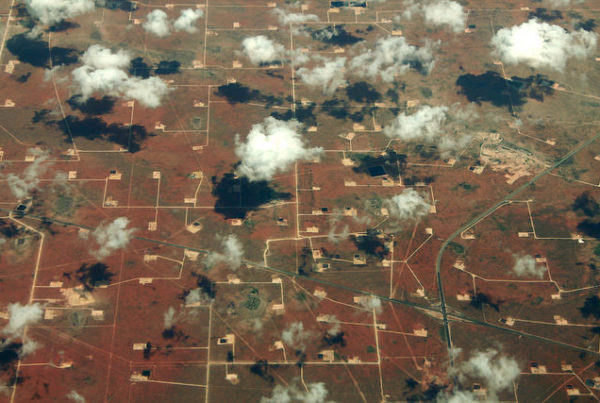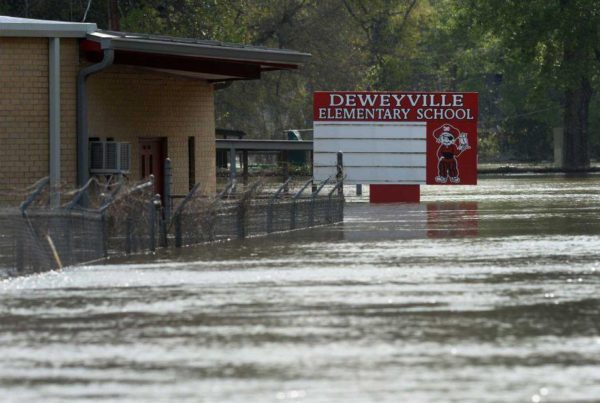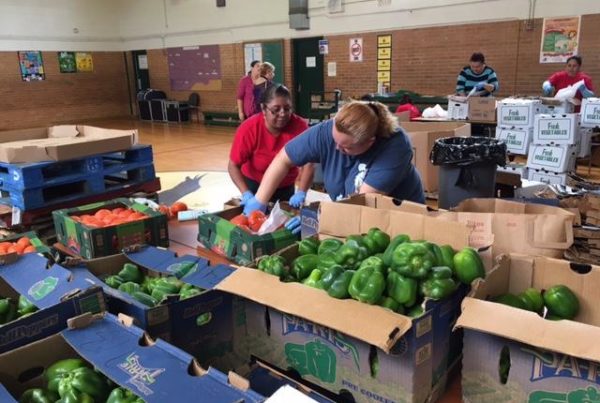Texas lawmakers are talking about killing off money for pre-k education, higher ed, nursing homes and mental hospitals because of a downturn in revenues thanks to a downturn in profits from the oil and gas industry.
But veteran politics watcher Ross Ramsey says if Texas legislators cut the state budget this year…it won’t be because they don’t have the money. At least not fully. Ramsey is the co-founder and Executive Editor of the Texas Tribune.
He says it’s true Texas lawmakers have a little less to work with in state revenues this year and it’s also true that voters decided recently to spend part of the Rainy Day fund on roads and water — but much of that fund is still available to help fill budget gaps. That is, if that’s how lawmakers decide to spend the fund.
“The state’s Rainy Day fund right now has $10.2 billion in it. By the end of the two-year budget that they’re writing right now, if they don’t touch it, it’s going to have $11.9 billion in it,” Ramsey says.
Ramsey says the fund started in the late 1980s as a sort of cash flow device in case of hard times. But many state lawmakers are resistant to spending the money for ongoing expenses.
“They got into a position at some point where they decided, ‘you know, there’s so much money over there, we ought to be able to use it for one-time expenses only, not ongoing expenses.’ It became kind of a ‘don’t-touch-this-fund fund,'” Ramsey says.
But Ramsey says it could be possible to use the Rainy Day fund to fill gaps in this latest budget while also avoiding spending that money on ongoing expenses.
“I’ve got a nephew who doesn’t like nuts and he goes through a pan of brownies pulling the nuts out — you can go through a state budget and go through every agency’s budget and pull out the one-time items just like that and take that pile of nuts and just use Rainy Day money for that and use ongoing tax money for the rest of it and you could get out of this budget unscathed,” Ramsey says.


